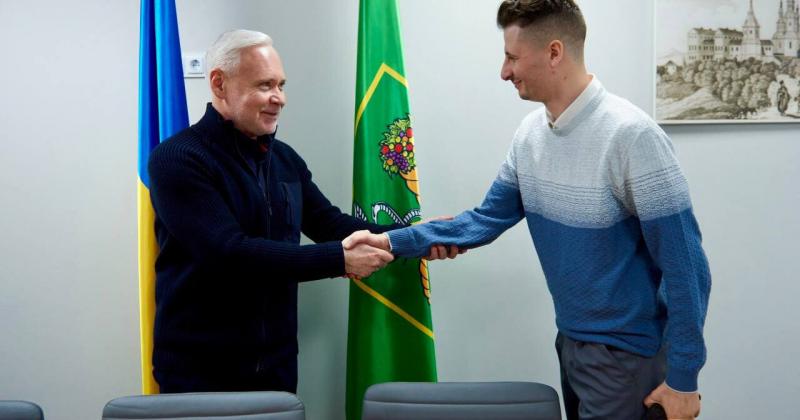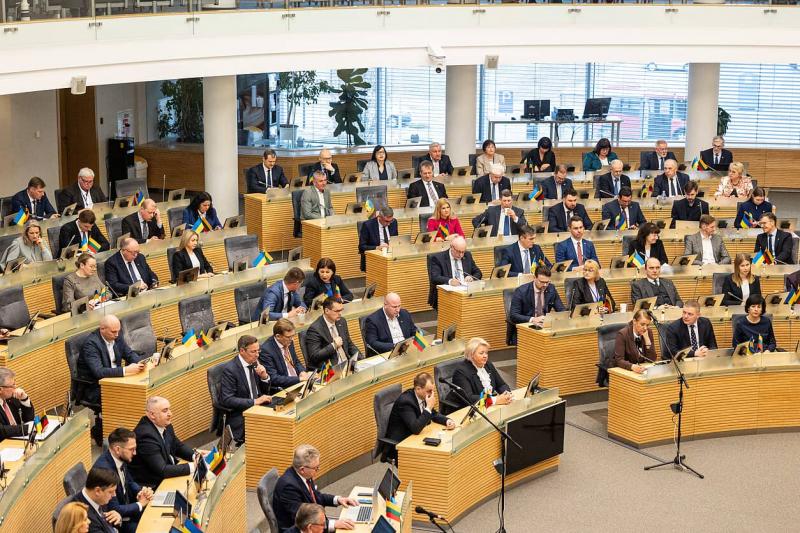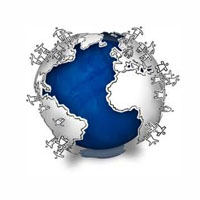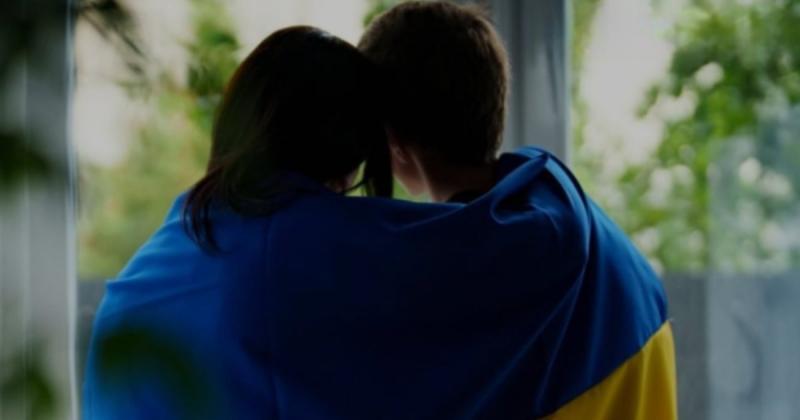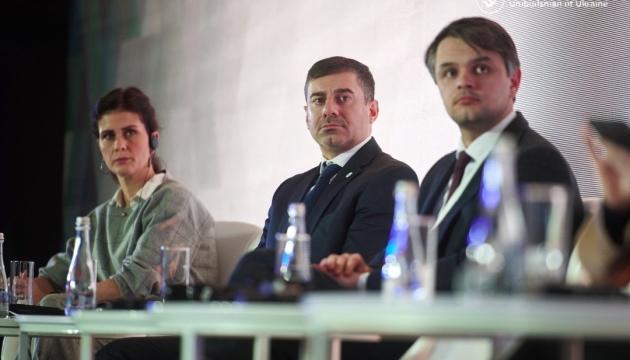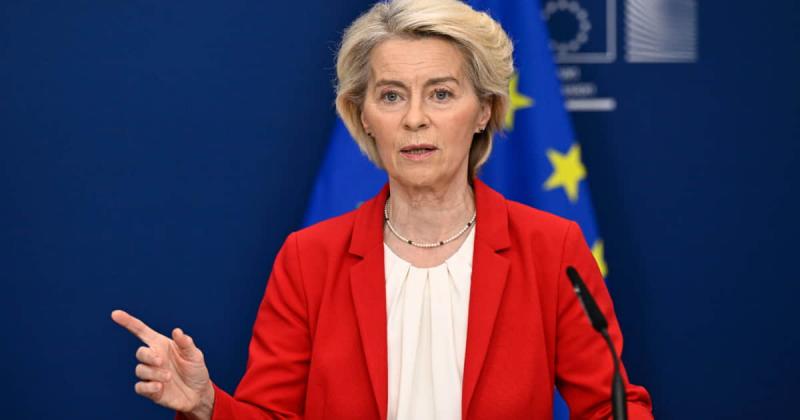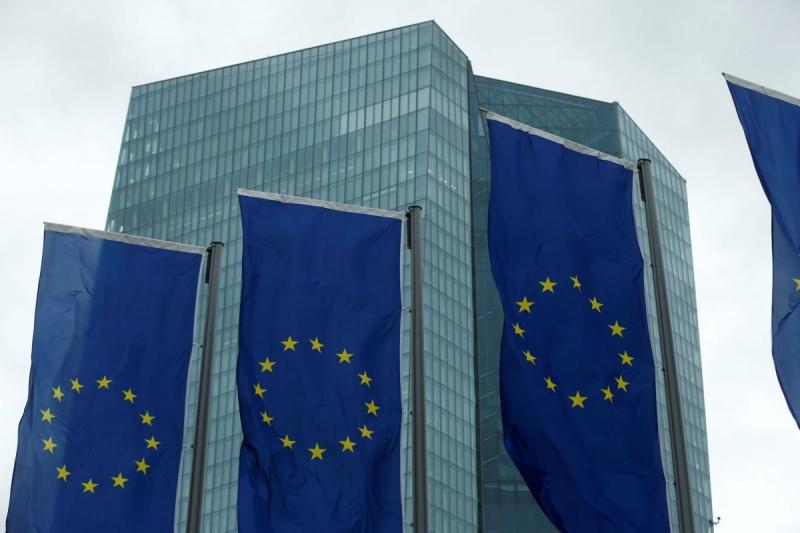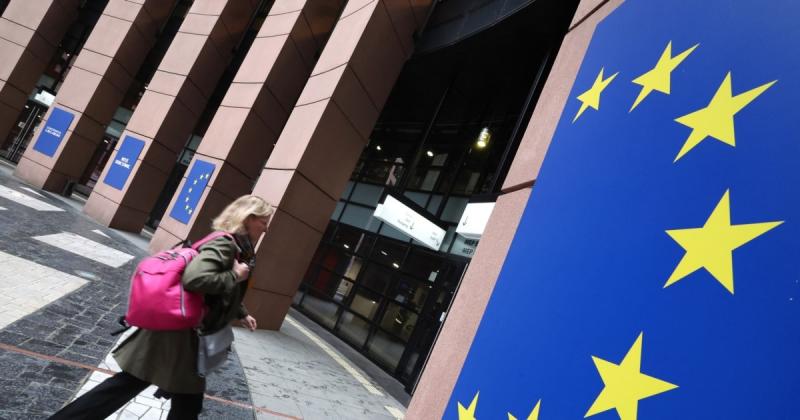Право на інформацію: більше 400 тисяч осіб, які зникли безвісти.

Станом на квітень 2025 року українські родини подали щонайменше 400 000 заяв про зниклих безвісти осіб, згідно з даними Міжнародного Комітету Червоного Хреста. Однак ця цифра не відображає всіх реалій ситуації. У зазначену статистику входять як цивільні особи, так і військовослужбовці, стосовно яких немає підтвердження їх загибелі чи полону. Часто за випадками зникнення стоять смерті під час бойових дій або захоплення в полон, яке російська сторона заперечує. Крім того, значна кількість зниклих, особливо в тимчасово окупованих регіонах, залишається непоміченою через відсутність доступу, бойові дії, блокування інформації з боку Росії та свідоме приховування фактів.
Міжнародне гуманітарне право, зокрема Женевські конвенції 1949 року та Додатковий протокол I, накладає на учасників збройних конфліктів обов'язок встановлювати долю зниклих безвісти, вести облік військовополонених і передавати цю інформацію до Міжнародного комітету Червоного Хреста. Важливо також гідно поводитися з тілами загиблих і забезпечувати їх повернення родичам. Це не просто етичний стандарт, а юридичне зобов'язання, яке захищає права як живих, так і померлих. Право на гідне ставлення залишається чинним навіть після смерті.
На практиці Російська Федерація систематично нехтує цими вимогами. Часто факти про затриманих не отримують підтвердження, навіть коли є свідчення та фото- або відеодокази. Доступ до місць, де утримують затриманих, відсутній, запити Міжнародного комітету Червоного Хреста ігноруються, а офіційна реєстрація не проводиться. Особливо важкою залишається ситуація з тими, хто загинув у бойових діях: евакуація тіл у зонах активних бойових дій часто ускладнена через інтенсивний вогонь, мінування території або застосування дронів-камікадзе. У деяких випадках сучасні бойові засоби, такі як термобаричні боєприпаси, повністю знищують тіла. Як наслідок, родичі не отримують жодних підтверджень і змушені жити в стані тривалої невизначеності.
Відсутність змоги ідентифікувати загиблих - одна з найгостріших проблем сьогодні. Ідентифікація тіла - це не лише про юридичний статус, а й про право родини знати правду, попрощатися, поховати близьку людину та завершити травматичну невизначеність. Водночас ця процедура потребує як технічних можливостей, так і доступу до зони бойових дій, до тіл загиблих і до відповідної інформації, якої, зазвичай, російська сторона не надає.
В Україні існує процедура, що дозволяє родичам отримати офіційне визнання смерті зниклого безвісти. Щоб змінити статус зниклої особи, сім'я має право подати позов до суду для встановлення факту смерті. Для цього можуть бути використані різноманітні докази, такі як свідчення з фронту, фотографії, відеозаписи, свідчення товаришів по службі, результати ДНК-експертизи або інформація з реєстрів. Якщо ж немає підтверджуючих даних про загибель, але особа пропала більше шести місяців, родичі можуть ініціювати процедуру визнання її померлою. Зазвичай, процес займає від шести місяців до року, але через труднощі збору доказів та завантаженість судів, на практиці він може тривати значно довше.
У деяких випадках, щоб отримати хоч якусь відповідь, родинам доводиться вести тривалу юридичну боротьбу, звертатися до прокуратури, військових частин, архівів, комісій з питань зниклих - усе це на тлі глибокої емоційної травми. Паралельно вони стикаються з бюрократичними труднощами, відсутністю чітких механізмів комунікації та нерідко - з відчуттям залишеності. І ця проблема потребує вирішення, зокрема, і з боку держави.
Адже проблема зниклих безвісти залишається однією з найгостріших гуманітарних криз, спричинених війною. Попри зусилля України щодо збору ДНК-зразків, створення реєстрів і взаємодії з МКЧХ, системне ігнорування з боку РФ робить цю ситуацію майже нерозв'язною. Ігнорування обов'язків, передбачених міжнародними договорами, перетворює зникнення на знаряддя психологічного терору. Право родини знати правду, отримати тіло, гідно попрощатися - це не питання милосердя, це питання міжнародного права.
Right to Know: Over 400,000 Missing Persons
By April 2025, Ukrainian households had filed over 400,000 reports concerning individuals who are missing, according to data from the International Committee of the Red Cross. Yet, this figure only scratches the surface of the issue at hand. It encompasses both civilians and military members whose fates—be it death or captivity—remain unverified. Often, what is categorized as a "disappearance" could actually signify death in conflict areas or illegal detentions that the Russian authorities refuse to admit. Additionally, many missing individuals, particularly in regions under temporary occupation, are still unaccounted for due to restricted access, ongoing military operations, information blackouts imposed by the Russian Federation, and intentional efforts to obscure the truth.
International humanitarian law, particularly as outlined in the 1949 Geneva Conventions and Additional Protocol I, mandates that conflicting parties take steps to ascertain the status of missing individuals, maintain accurate records of detainees, relay this information to the International Committee of the Red Cross (ICRC), honor the deceased with respect, and facilitate the repatriation of remains to their families. This is not just a matter of humanitarian concern; it is a legal duty designed to safeguard the rights of both the living and the departed. The principle of dignity extends beyond life itself.
In reality, the Russian Federation consistently disregards these commitments. Instances of captivity frequently go unverified, even in the presence of witnesses or photographic and video documentation. Access to detention centers is denied, requests from the International Committee of the Red Cross are overlooked, and there is no formal record-keeping. The plight is particularly severe for those who lose their lives in combat, as retrieving bodies from active war zones is often unfeasible due to intense shelling, landmines, or kamikaze drones. In some situations, advanced weaponry—such as thermobaric bombs or missile strikes—obliterates the remains entirely. Consequently, families are left without any confirmation and endure a prolonged state of uncertainty.
The inability to identify the deceased is one of the most urgent challenges today. Identifying a body is not only about legal status - it is about a family's right to know the truth, to say goodbye, to bury their loved one, and to bring closure to ongoing trauma. At the same time, this process requires both technical capabilities and access to combat zones, to the remains, and to the relevant information - most of which the Russian side does not provide.
In Ukraine, there is a legal process in place that enables families to obtain formal acknowledgment of the death of individuals who are missing. To change a person's status from "missing" to deceased, relatives can initiate a civil court claim to officially recognize the death. This determination can be supported by various forms of evidence, including frontline documentation, photographs, videos, testimonies from comrades, DNA analysis, or information from official records. If a person has been missing for over six months without any proof of death, their family can file a request to have them declared deceased. While the typical timeframe for this process is between six months and one year, it often extends to several years due to challenges in gathering necessary evidence and the high caseload of the courts.
In certain situations, families find themselves compelled to endure protracted legal battles merely to obtain any information. They are required to reach out to prosecutors, military divisions, archives, and missing persons commissions, all while grappling with intense emotional distress. Concurrently, they encounter bureaucratic hurdles, unclear communication channels, and frequently, a deep feeling of neglect. This matter requires urgent focus and intervention, particularly from governmental authorities.
The crisis of missing persons stands out as one of the most pressing humanitarian challenges arising from the conflict. Although Ukraine has been proactive in gathering DNA samples, creating registries, and working alongside the ICRC, the Russian Federation’s persistent disregard for its responsibilities complicates the situation significantly. The inability to uphold commitments outlined in international agreements transforms the phenomenon of disappearance into a weapon of psychological warfare. The families' right to uncover the truth, retrieve their loved ones' remains, and bid them a respectful farewell is not simply an act of kindness; it is a fundamental principle enshrined in international law.

